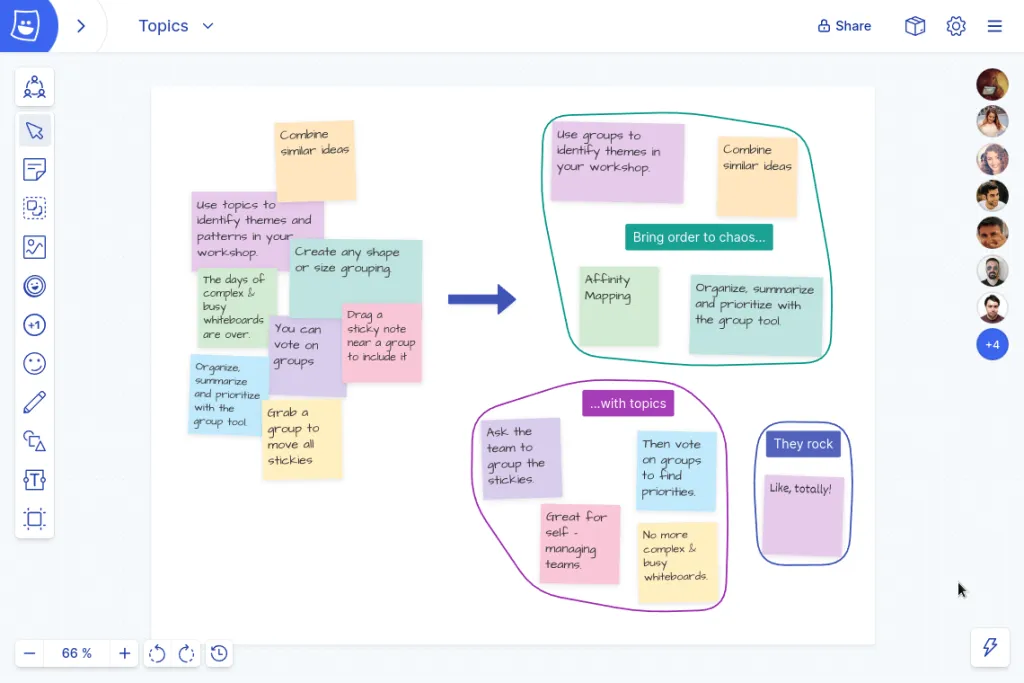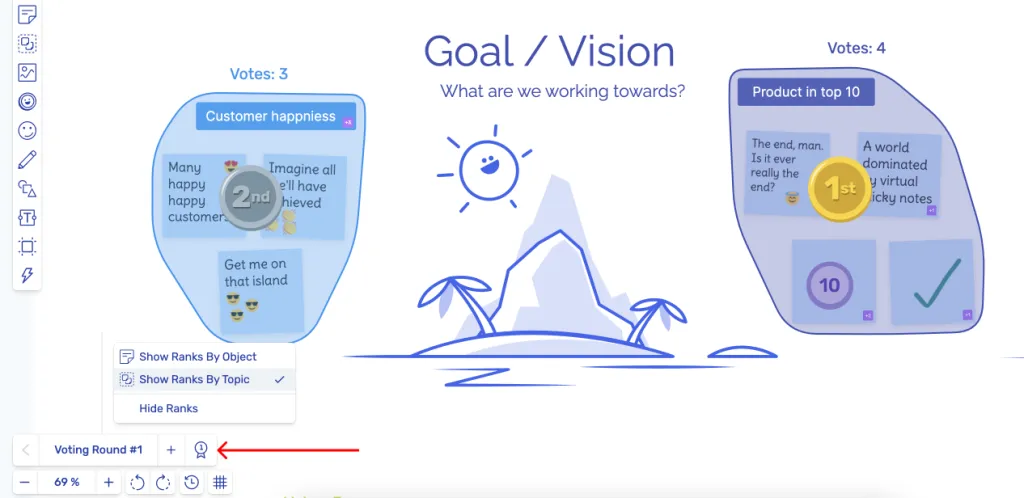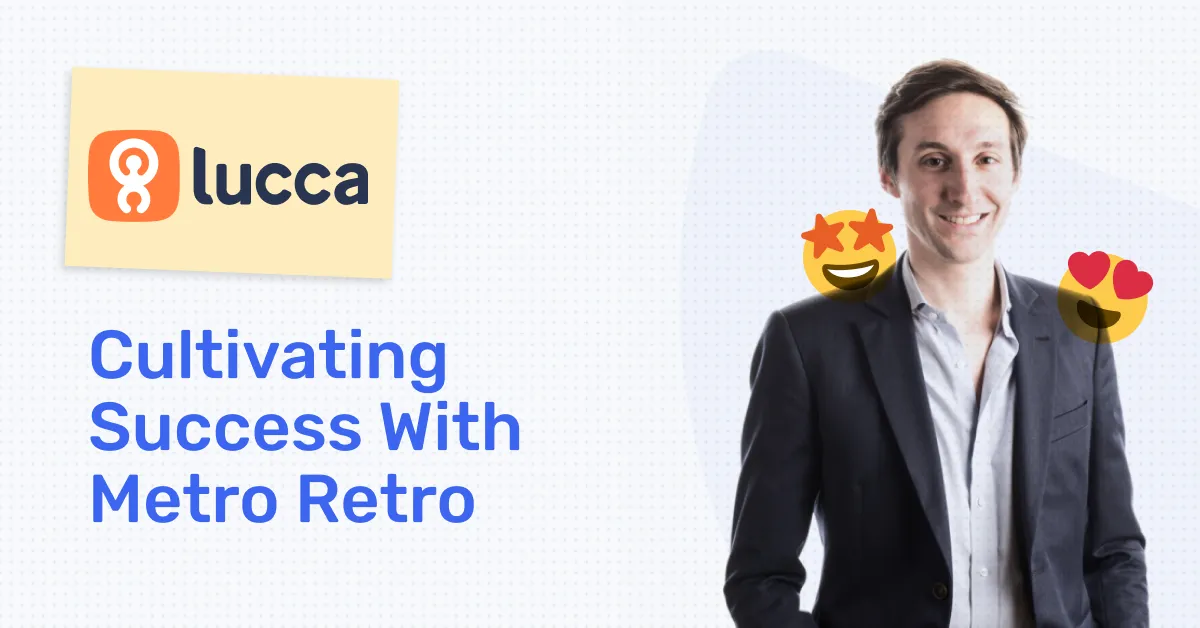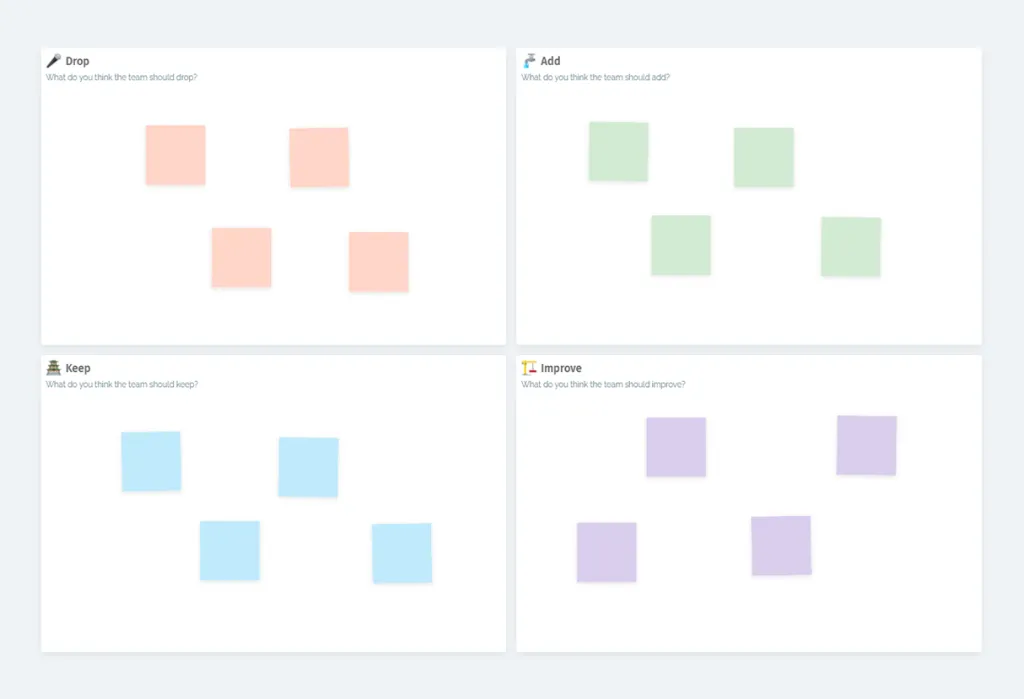In a fast-growing company with distributed teams, how do you maintain your culture that has been key to the company success?
Jamie, co-founder of Metro Retro spoke to Alex Imbeaux, Head of Talent Management Products at Lucca Software, about how retrospectives played a crucial role in scaling their values and culture as they grew from 50 to 550 people and an annual turnover of €50 million.

Alex Imbeaux, Head of Talent Management Products at Lucca Software
Cultivating success at Lucca
Originally founded in 2002, Lucca Software has become a beacon of innovation and quality in the business process software arena, growing rapidly from 2018 to today (2023). From talent management to timesheets and attendance, they offer a suite of 13 apps that improve, speed up, or cut costs across clunky or paperwork-based business processes:

6400 customers use Lucca’s products to improve their business processes
Alex, who joined Lucca in 2018, has been instrumental in nurturing a culture rooted in excellence and transparency:
“Our culture is about maintaining high standards… it’s what sets us apart. We live and breathe attention to product, which is driven by our teamwork, and hands-on approach to collaborating with customers.”
In addition, all salaries are completely transparent within the organization:
“Everyone knows who earns what at Lucca. That was true when there were five people and that’s true today when we are 550 people.”
Adapting to Remote Retrospectives with Metro Retro
To help maintain these values across a growing organization, Lucca has been running company-wide retrospectives every quarter since 2014. These sessions give each team the time and space to reflect back on what went well and what went badly over the last quarter, with the aim of improving the next quarter and beyond. These feedback points are anonymously aggregated and help leadership make sure they are maintaining a great employee experience.
Back in 2014 their approach to retrospectives was more conventional, tailored to smaller, in-person teams. The pandemic, however, necessitated a swift and effective adaptation:
“We had to rethink our approach with the pandemic… and Metro Retro was the answer we didn’t know we needed.”
“We suddenly had 200 people working remotely, but we wanted to continue facilitating these retrospectives that were so useful. We tried using things like Google Sheets, but that didn’t work so well. One day another guy, he is also called Alex, said ‘Okay, we are using Metro Retro for our team retrospectives. How about we try and extend it to the whole company?’ And that’s how it started.”
“We ran 15 retrospectives in that first round, and now we recently just finished running retrospectives for 70 teams, all in the same week. Without Metro Retro, we would have lost the practice. Simple.”
The Drop, Add, Keep, Improve retrospective format helps a team reflect on the last quarter
Saving Hundreds of Hours with Metro Retro
Alex says that tools like Metro Retro have been invaluable for maintaining open and honest dialogue across the organization while navigating the complexities of 40% growth year-on-year for the past 5 years.
Lucca’s engineering department use Metro Retro for their regular team retrospectives, but Alex says Metro Retro also makes it possible for Lucca to run 70+ organization-wide retrospectives each quarter in a cost-efficient manner. Hundreds of hours are saved in preparing and running the sessions that collect valuable feedback and ideas from 550 people.
This process allows the Lucca leadership to act faster in solving pain points for employees:
“…it helps us steer action and react quickly if we can see stuff popping out… like the Paris office is really full, and it’s a pain shared by all the team”.
The First Reactions to Metro Retro
Before joining Lucca, Alex had previously co-founded two companies, including an HR consultancy where they facilitated a lot of executive seminars and trainings.
“As consultants, we were using sticky notes all the time. When you run that many sessions, you develop an expertise in conceiving and designing boards, and I remember exactly what I thought the first time I used Metro Retro – it feels exactly like real life.”
“I was amazed by the UX, with things like the double–click to create a sticky note; it changes color as you drag and drop it from red to green. It really feels like a product made for the people using it, not for the people buying it.
And adoption was the same across the company, it was so fast. It took like 30 seconds for people to be autonomous on it. You usually experience friction when switching people to a new product, but we had none of that with Metro Retro.
We use the Grouping and Voting tool a lot, they make it really easy to process team feedback.”

Example: grouping stickies into themes with the Topic Tool

Example: run a voting round and view the results
Metro Retro for Distributed Teams
Post-pandemic, Lucca continues to embrace Metro Retro, valuing its adaptability and effectiveness for remote and hybrid teams.
“Metro Retro isn’t just a tool; it’s become a part of how we operate. It bridges the gap between our in-office and remote teams, making everyone feel included.”
Alex also notes the platform’s intuitive design, which facilitates easier participation and a deeper understanding of team dynamics.
“What I love about Metro Retro is its flexibility… we can tailor retrospectives for different team sizes and needs. It’s not just about reflecting on work; it’s about engaging everyone in the process of continuous improvement.”
Alex’s Tips For Large-Scale Quarterly Retrospectives
1. Establish a Consistent Quarterly Rhythm
Alex stresses the importance of maintaining a consistent tempo for retrospectives. At Lucca, the first week of each quarter is dedicated to retrospectives. During this time, regular meetings and one-on-ones are paused to focus on these activities.
2. Transparency and Clarity of Process
Make the retrospective process transparent to everyone in the organization. Lucca ensures that all team members are aware of the retrospective schedule and its significance. They use a shared Notion page to communicate the details and principles of their quarterly rituals, emphasizing continuous improvement.
3. Dedicated Time for Each Team
Lucca allocates one hour per team for retrospectives each quarter. This practice was established to accommodate the growing number of teams and to ensure each team had dedicated time to reflect and discuss.
4. Inclusiveness and Context Setting
At the start of each retrospective, facilitators provide context, especially for new team members or those unfamiliar with the process. They ensure everyone understands the purpose and structure of the retrospective. After the retrospective, the facilitator will aggregate and anonymize the contributions before it is used at a facilitators-only review. This keeps an individual’s feedback safe and secure within their original meeting.
5. Centralized Leadership for the Process
Alex highlights the need for a designated individual to lead the retrospective process across the company. This person sets the pace and ensures adherence to the retrospective schedule. In Lucca’s case, this role was initially held by his boss, Guillaume, and later passed on to Alex and other team members as the company grew.
Final Thoughts: Maintaining Culture in Times of Change
Alex’s experience at Lucca demonstrates the pivotal role of tools like Metro Retro in scaling company culture amidst significant growth and changing work environments.
“Using Metro Retro has not just been about adapting to change; it’s been about thriving in it. It’s helped us keep our culture alive and evolving, even as we’ve grown exponentially,” Alex concludes.
Metro Retro is a real-time team retrospective and workshop platform for engineering teams that want to improve how they work together:
- 100+ designer-created templates that are completely customisable
- With sticky notes that actually look like real sticky notes and don’t just feel like a soulless rectangle.
- Write stickies in private and share them when you’re ready, using the Private Writing feature.
- Choose to make your session anonymous or not.
- Intuitively cluster ideas together with the dynamic Topic Tool.
- Dig into what people are thinking with voting rounds and polls.


